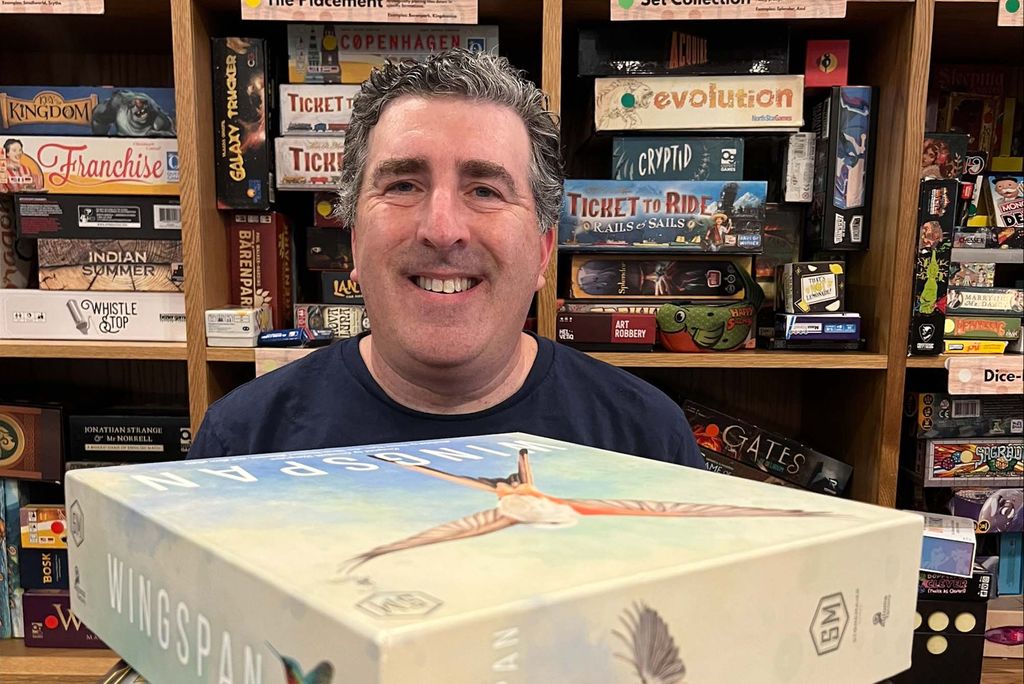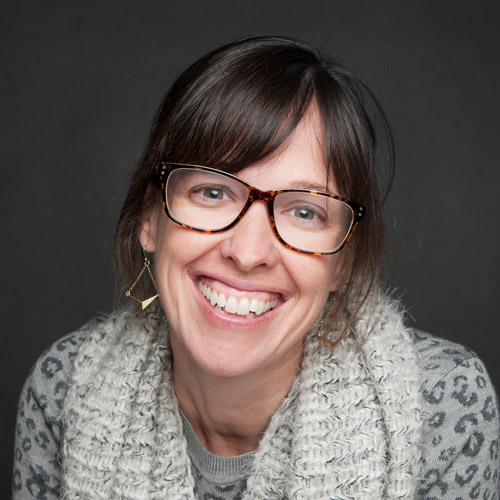My Big Idea: a Web- and App-Based Tool to Plan a Meaningful Life

Arthur Emma (CGS’09, CAS’11, Wheelock’15) put his philosophy degree to high-tech use when he founded ByDesign, which offers web- and app-based daily planning tools for students and young professionals.
A Web- and App-Based Tool to Plan a Meaningful Life
Arthur Emma (CGS’09, CAS’11, Wheelock’15) created ByDesign to help students and young professionals better schedule their busy lives
In our My Big Idea series, we bring you interviews with BU alums and other members of the University community who have launched a business, built a new product, or solved problems big and small. We ask them how they got the idea, what were their biggest stumbling blocks, and what’s next for their big idea.
Arthur Emma’s entrepreneurial streak has been evident at least since fifth grade in Wisconsin, when the principal summoned him and a friend to his office for selling fireworks out of the cafeteria.
At BU, Emma (CGS’09, CAS’11, Wheelock’15) broadened his horizons by majoring in philosophy along with business administration. Proving that you can do something with a philosophy degree, he parlayed his education into founding the technology company ByDesign, which he calls “an organizational, planning, and social networking application for college students and young professionals.”
“I’ve always been obsessed with the idea that life is meaningful, but flies by fast.”
Tech innovator was a career detour for Emma after his work with Teach for America, the nonprofit that funnels graduates of top universities into two years of teaching low-income students. At the same time, his humanities education is not unrelated to the birth of ByDesign, as it triggered his search for ways to better map out a worthwhile life by mapping out a more intentional daily schedule.
Bostonia interviewed Emma about how he conceived ByDesign, what it took to build the company—and the two things he wishes he’d done differently, at BU and after.
Q&A
with Arthur Emma
Bostonia: Can you explain what ByDesign provides, how it does that, and for whom?
Emma: We are the first to bring planning and social networking together, which enables collaboration and shared achievement for our customers. ByDesign is a direct-to-consumer product. Our web and mobile apps are free, as our revenue is generated through advertising and sponsored content. Many customers find us online, but most students hear about ByDesign from their friends or receive network invitations from someone at their school.
The core of our product is planning. ByDesign offers powerful, intuitively designed planning features for calendaring, note-taking, task-management, habit-tracking, and more. On the social side, we offer features such as in-app chat, profile pages, activity feed, school directories, and groups.
Our mission is simple: to build a future where every person can create the life they always imagined.
Bostonia: Where did you get the idea? How many employees do you have, and when did you start the company?
新兴市场
Bostonia: Give us your sales pitch: how will ByDesign make my life better?
Emma: People will think you have super powers, because you will be better organized and will achieve more of your goals. You will also feel less stressed, as you will have a short- and long-term plan to keep you on track. Last, life will feel more meaningful, as you’ll be able to align your tasks with your priorities and will have the support of your ByDesign community.
Bostonia: Looking back, is there anything you wish you had done differently? What was your biggest failure or mistake?
Emma: My biggest failure was not taking computer science classes in college. As a founder and CEO of a tech company, I had to play lots of catch-up early on. Although I’m still “relatively” young, I wish I had launched a business earlier on in my career. Launching businesses is easier when you’re young, have endless energy and less commitments.
Bostonia: How are you funding your business and how hard was securing funding?
Emma: We’ve raised a million dollars in preseed funding. Raising money was hard, but I was fortunate enough to have a good childhood friend, Jesse Adams—coincidentally, we were both student body presidents at Boston-based schools at the same time—who introduced me to some outstanding entrepreneurs and angel investors who believed in our idea. That said, raising money is always brutal for first-time entrepreneurs in risky tech sectors who are pursuing potentially revolutionary, yet abstract, ideas.
Bostonia: What are your most important tips for other entrepreneurs hoping to launch start-ups?
Emma: First look inwards, then look outwards. Find what you love and what brings you meaning. Entrepreneurship is a long game, and if you’re not working on something you love, you will burn out. Second, look for resources—friends, team members, associations, mentors, investors—anyone who is willing to support you, work with you, or lend an ear. Isolation is where start-ups go to die.
Bostonia: What’s your favorite or the most fun part of the business?
Emma: The two things I enjoy most are laughing with my team and seeing the business grow. One of our core values is having a sense of humor. We believe that humor is the key ingredient for creative thinking and that it produces an environment where people perform at their best. In regard to growth, this is what start-up founders live for. There’s nothing more exciting than seeing growth, whether that is raising money, gaining customers, or bringing on important mentors. It’s validation of all your hard work.
Bostonia: How will you grow ByDesign?
Emma: We had a successful launch at Boston University in late 2022, where over 1,600 students created accounts. Some of the feedback we received: “I love ByDesign. I’ve already met several friends on the platform and use ByDesign for all my projects.” And “I hate traditional social media and avoid it as best I can. This is so much more supportive and not toxic, like TikTok and other apps like that.”
Our plan is to replicate our success at BU at college campuses across the country, starting with other Boston colleges and universities.



Comments & Discussion
Boston University moderates comments to facilitate an informed, substantive, civil conversation. Abusive, profane, self-promotional, misleading, incoherent or off-topic comments will be rejected. Moderators are staffed during regular business hours (EST) and can only accept comments written in English. Statistics or facts must include a citation or a link to the citation.